Top 7 Singapore Culture, Customs and Etiquette
Should you remove your shoes when visiting friends? Should you greet those on elevators with a smile? When thinking about the dos and don'ts in your own ... read more...nation, these questions might not seem like the most obvious ones, but things that you might not even consider at home can have a major impact abroad. Here is a list of Singaporean Culture, Customs and Etiquette.
-
The strong hierarchical relationships between parents and children, instructors and students, and employers and employees can be seen in Singapore, despite the country's claims to be an egalitarian society. This relates to group dependency, a key cultural trait. This focus on hierarchy comes from Confucianism, which places a strong emphasis on honoring one's elders and their status, even to the point of blind obedience.
This can be observed at work when elder employees are treated with more respect. The elderly are always given the highest respect and consideration. You will be required to take special consideration even if you don't know the person. Elders are generally elevated, receiving first introductions, preferred seating, fine meals, and other treatment.
A law requiring children to take on financial responsibility for their elderly parents should the need arise was passed in 1996. This demonstrates how highly the elderly are held in regard, as well as the challenges the small country faces as the younger generation becomes more independent.
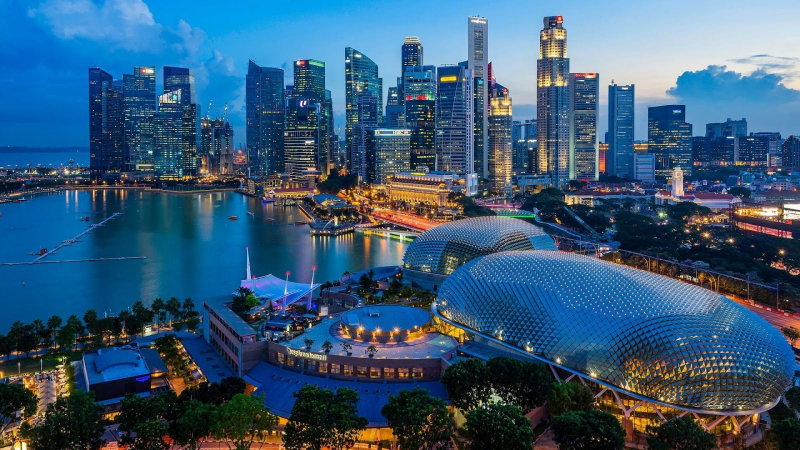
https://www.noor-lifestyle.com/ 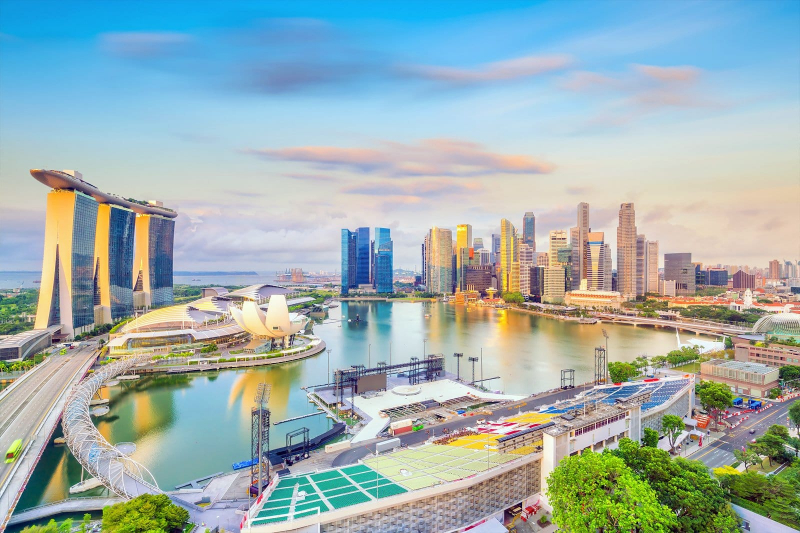
https://www.singaporeguide.sg -
Due to their reliance on groups, Singaporeans interpret body language, speech tonality, and posture to determine how others are feeling. They frequently place more credence in nonverbal cues than verbal ones. They frequently communicate in a subdued, roundabout, and implied manner.
Instead of making a straightforward declaration since doing so might make the other person look bad, they make an implication. Instead of responding "no," they could say "I will try" or "I'll see what I can do." This enables both the individual making the request and the person declining it to keep their dignity and their relationship's harmony.
Singaporean communication often involves silence. When someone pauses before answering a question, it shows that they have given the question due consideration and have thoroughly thought through their response. They misinterpret the ability of western culture to react quickly to a question and believe this to be an indicator of thoughtlessness and impolite behavior.
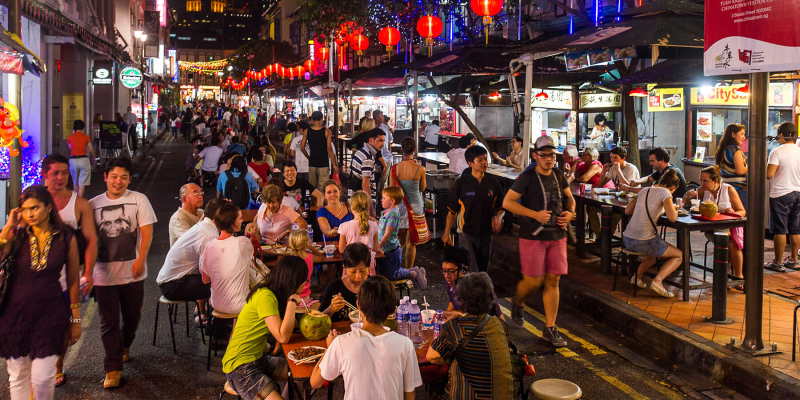
https://chinatown.sg/ 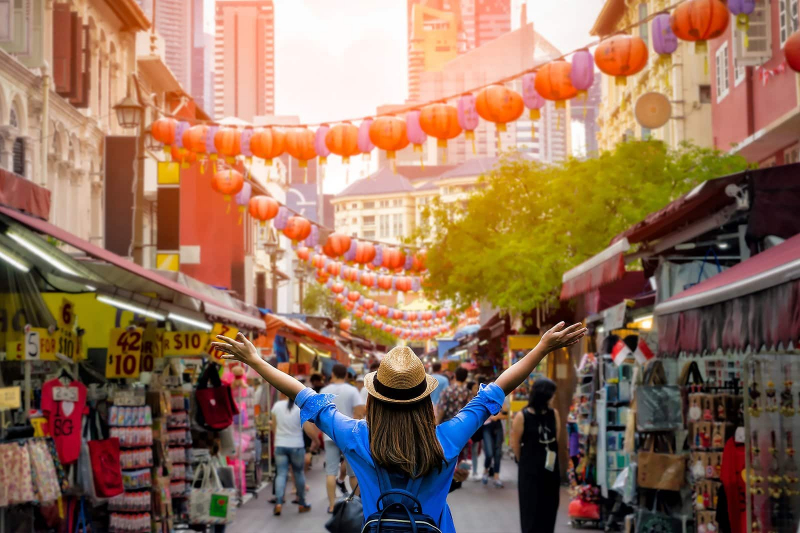
https://www.singaporeguide.sg -
There is a formal etiquette for greetings that is frequently depending on the person's age and cultural background. The western custom of shaking hands with everyone may have been embraced by younger people or those who work for multinational corporations, but older or more reticent Singaporeans have not. Chinese people shake hands. Although the handshake itself can be lengthy, their hold is relatively gentle.
Men and women are allowed to shake hands, but the lady must reach out first. The order of introductions is always based on status or age. Male ethnic Malays shake hands with one another. Since Muslim men do not touch women in public, men and women do not usually shake hands.
Younger Malaysians may shake hands with foreign women, but a "salaam" (bowing of the head) welcome is more appropriate. When two women first meet, they should also say this greeting.Indians of ethnicity shake hands with people of the same sex. Nodding the head and smiling are typically enough when meeting someone of the other sex. The old or the person with the most status is introduced first, just like with the other groups.

https://discovery.cathaypacific.com/ 
http://www.expatliving.hk -
All commercial partnerships are built on personal relationships. Being connected to the right network for business is a matter of long-standing personal ties or the right introductions. Since this is a group-oriented society, connections are frequently made based on shared educational background, employment, or ethnicity.
Once the group acknowledges you as a member, you will be required to abide by its unspoken rules. Relationships grow with time. You must exercise patience because this shows that your company is not only interested in short-term gains but also in the long run.
Always treat people with courtesy and respect because these qualities foster the positive interactions that businesses require. The majority of Singaporeans are soft-spoken and think that a calm demeanor is preferable to an aggressive one. Keep an eye on your facial expressions and body language.
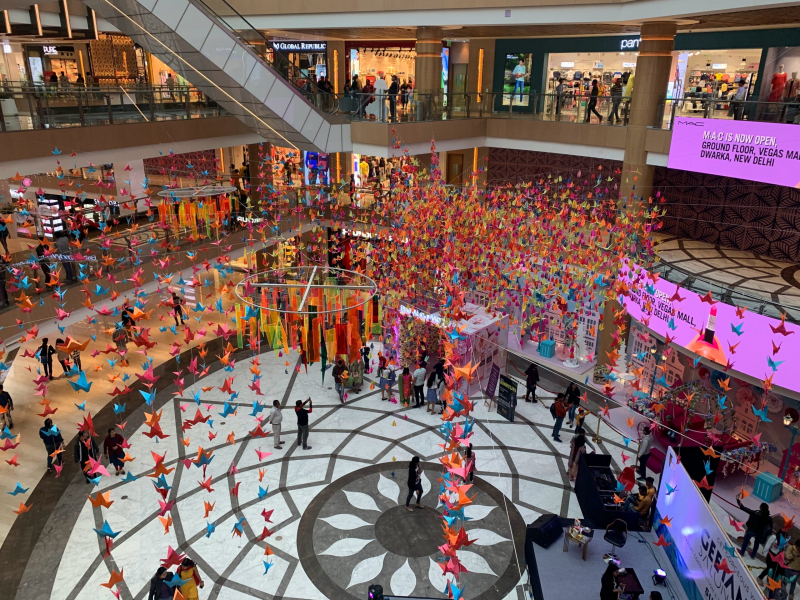
https://leisureneed.com/ 
https://www.tripsavvy.com/ -
Under the façade of a western cosmopolitan metropolis, Singapore is a multi-ethnic community where Chinese, Malay, and Indian traditions coexist. The three major ethnic groups are varied in terms of culture and religion. The three major ethnic groups are presented separately since there are cultural variances between how they regard presents.
Gift giving to ethnic Chinese:
- Before it is accepted, a gift may be turned down three times. This shows that the recipient is not materialistic. Giving scissors, knives, or other cutting implements conveys your want to end the connection. Clocks, hankies, and straw sandals should never be given as gifts because they are connected to funerals and passing away.
- As these are colors of grief, avoid using white, blue, or black paper to wrap gifts. Red, pink, or yellow should be used to wrap gifts because they are cheery hues. Gifts must be wrapped elaborately. As birds are the harbinger of death, never wrap a present for a baby or decorate it in any manner with a stork.
- Give lucky numbers instead; avoid giving odd numbers. If you're invited to a formal dinner party, don't bring food because it suggests you don't trust the host to show you enough hospitality. Bring a token present of fruit, candy, or cake and indicate that it is intended for the kids. When received, gifts are not always opened. Flowers are given to the ill and used at funerals, thus they don't make nice gifts.
Gift giving to ethnic Malays:
- Give no alcohol ever. Don't let kids play with toy dogs. Being Muslim, Malaysians prefer not to receive anything made of pigskin. Instead of giving the present as you arrive, do so as you leave.
- White wrapping paper should be avoided as it represents death and sadness. Use red or green paper to wrap presents. Make sure the food is halal if you donate it. If the gift is huge, use both hands or just your right hand when presenting it. When received, gifts are not always opened.
Gift giving to ethnic Indians:
- Avoid giving frangipani flowers if you are giving them as they are used in funeral wreaths. Donate S$11 instead of S$10 because it is customary to give money in odd amounts. If the gift is huge, use both hands or just your right hand when presenting it.
- Don't use white or black to wrap presents. Wrap presents on paper that is red, yellow, or green or another vibrant color since these colors are auspicious. Give no leather goods to a Hindu. Give alcohol only if you are convinced the receiver will consume it.When received, gifts are not always opened.
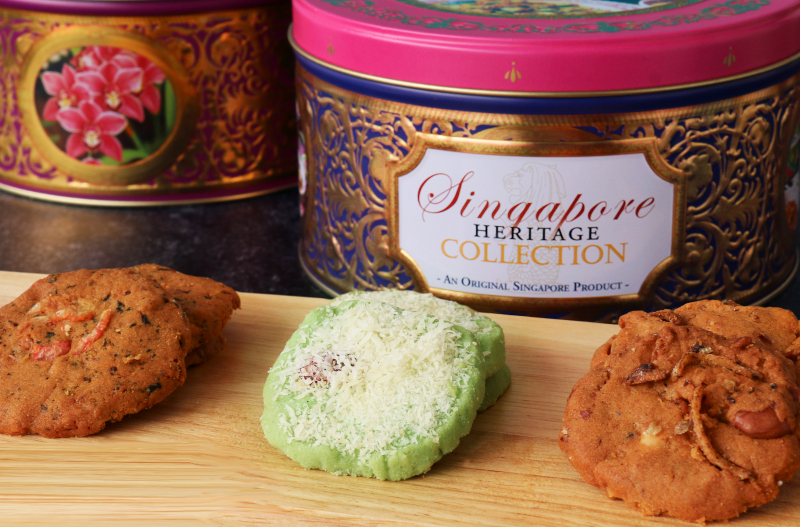
https://tih.stb.gov.sg/ 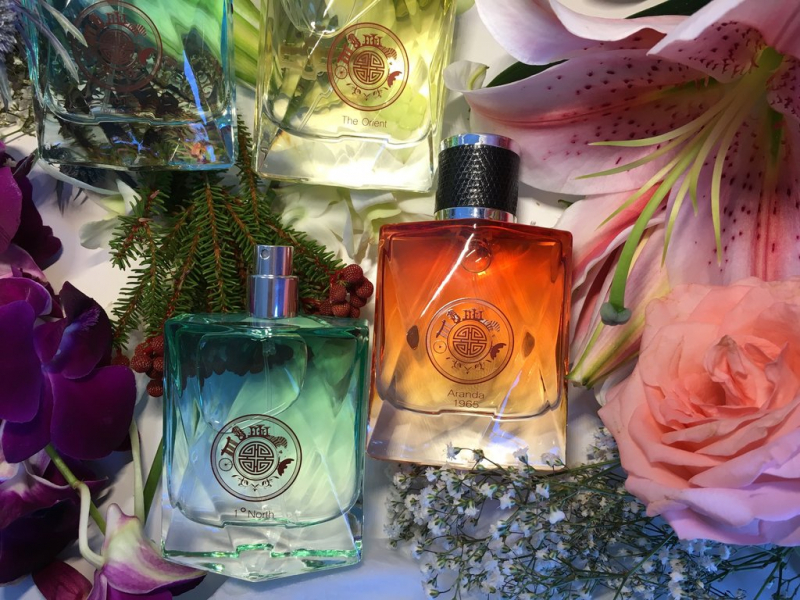
http://www.aspirantsg.com/ -
In Singaporean culture, formal politeness is not highly valued. In Singapore, it's doubtful that what would be considered proper behavior at home, wherever that may be, will offend anyone. In Singapore, unlike most of southeast Asia, it is completely acceptable for women to wear low-cut attire and for males to wear shorts and slippers.
Nevertheless, upscale pubs and eateries may have dress restrictions, and Singaporeans are often more socially conservative than Westerners, so public displays of affection are still frowned upon and toplessness for women is never acceptable—not even on the beach.
In general, people are nicer in the heartlands, and you frequently see shopkeepers and customers of different races joking together. Although they are not unfriendly toward foreigners, Singaporeans are typically not very amenable to any excessive politeness from them.
Furthermore, the very Chinese-influenced local accent may come out as gruff or even impolite, yet asking whether you want beer is actually less polite in Chinese than stating "You want beer or not?" after all, the questioner is simply giving you a choice rather than making a demand.
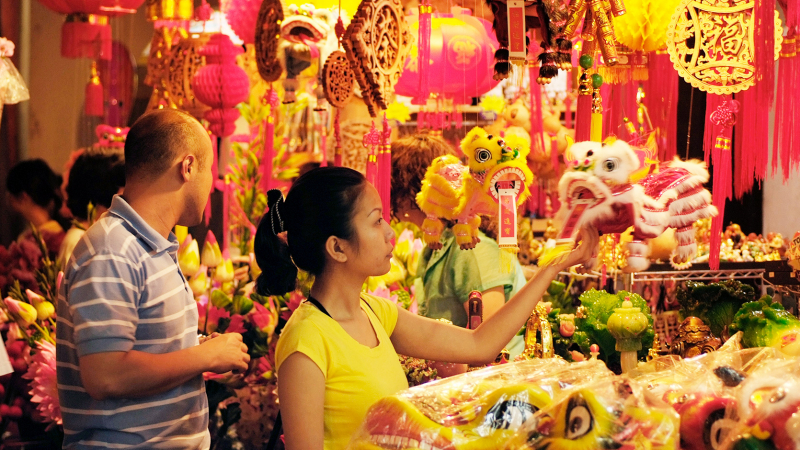
http://www.logicum.co 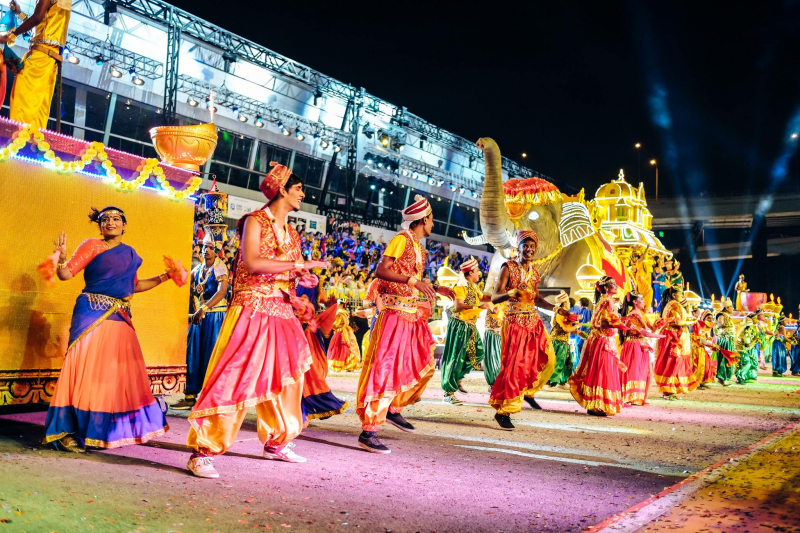
https://discoversg.com/ -
The majority of Singaporeans don't wear shoes inside their homes, thus it's polite to take them off before entering someone else's home if you've been invited. However, socks are fine as long as they are not overly dirty. Additionally, many houses of worship demand that visitors take off their shoes before entering.
Be ready for a lot of pushing on the MRT during rush hour (even just to get off), and everyone scurrying for the last available seat in a fairly orderly fashion. Despite notices requesting a little more courtesy, this is common. Simply follow the flow.
When bringing gifts, be mindful of taboos. Avoid white flowers and any products (food or otherwise) involving animals as they may offend people (usually reserved for funerals). Clocks and knives are both symbolic of ending relationships and passing away, and some Chinese people have superstitions about the number four.
It should be noted that opening a present in front of the person who gave it to you is deemed impolite. Instead, wait until they've departed before opening it. Hindus and many Muslims in Singapore abstain from alcohol consumption.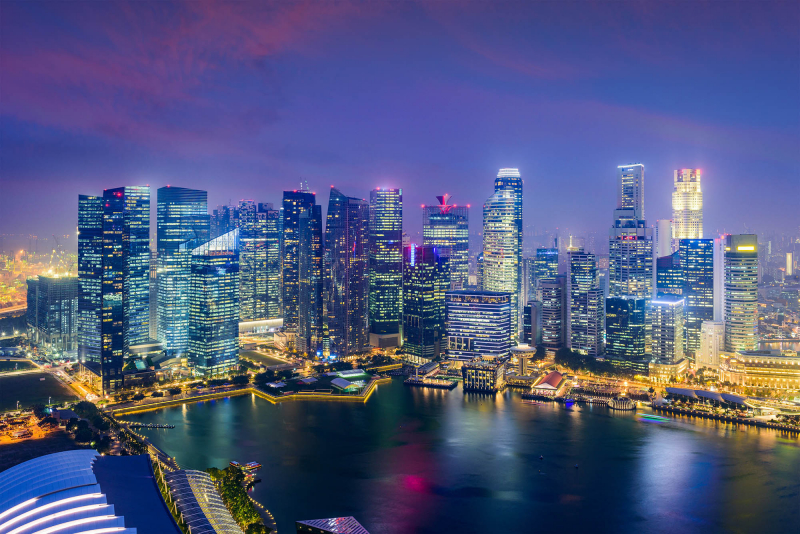
https://www.lifestyleasia.com/ 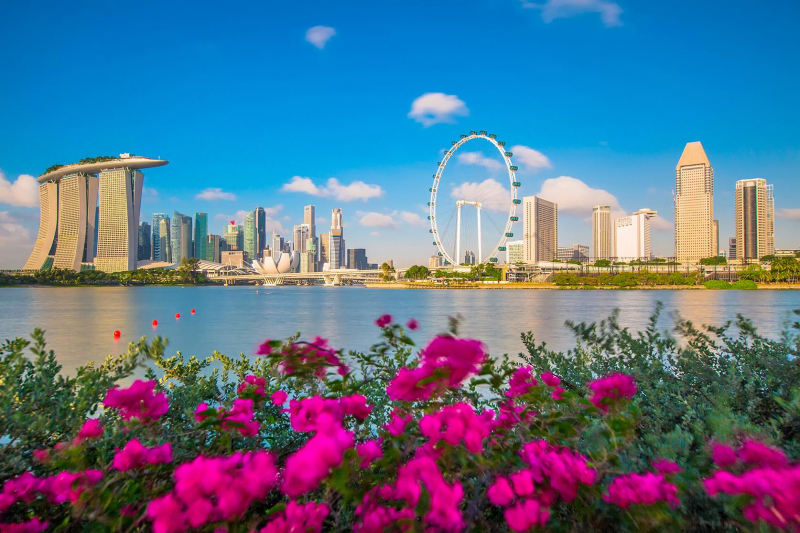
https://www.libertytravel.com/




























